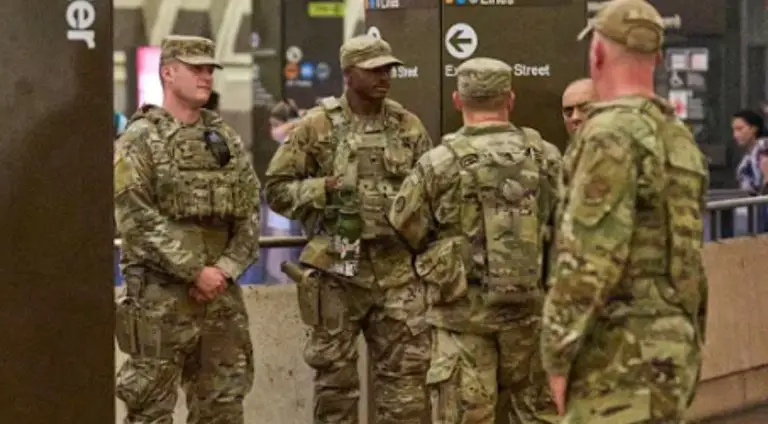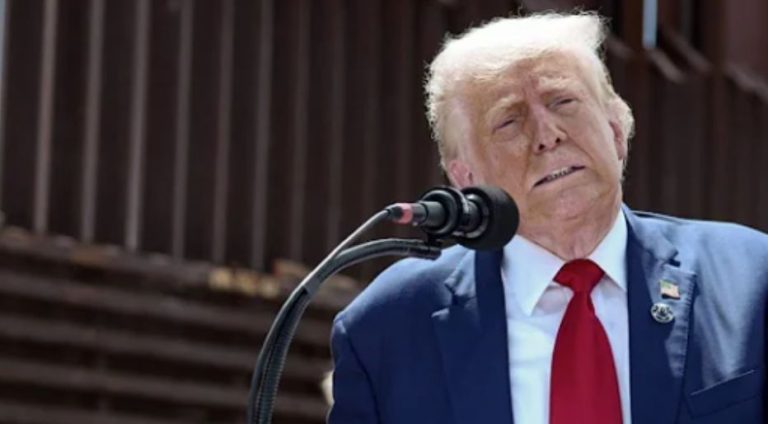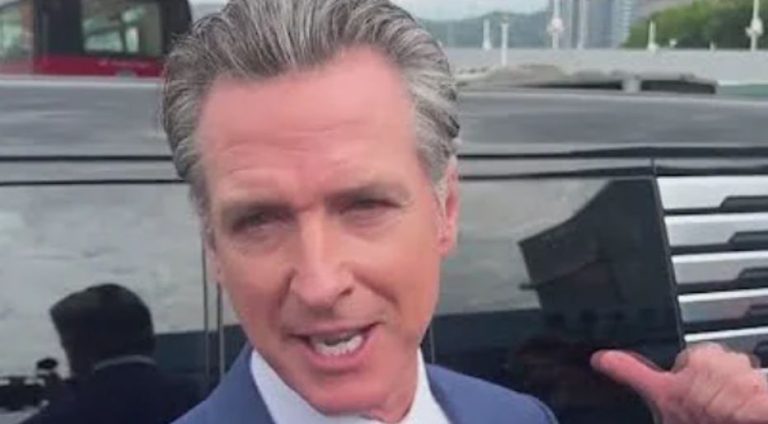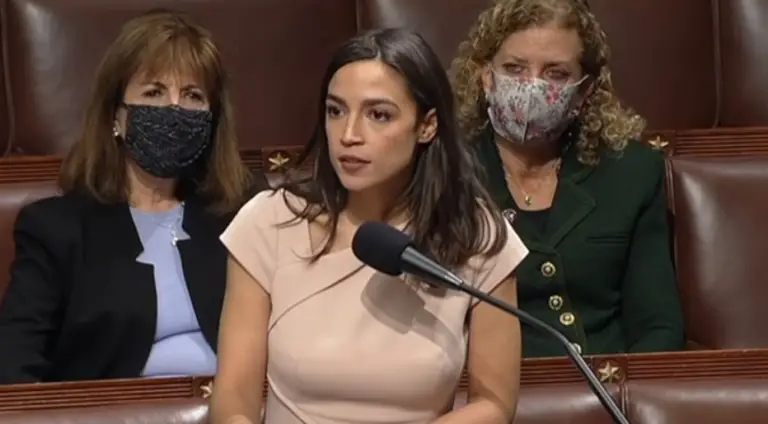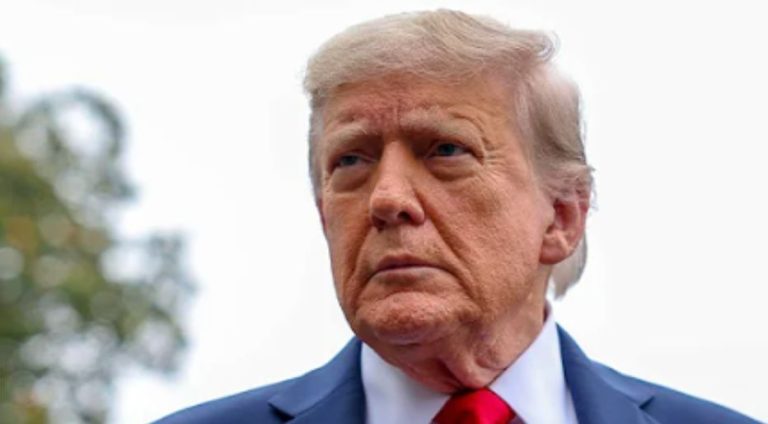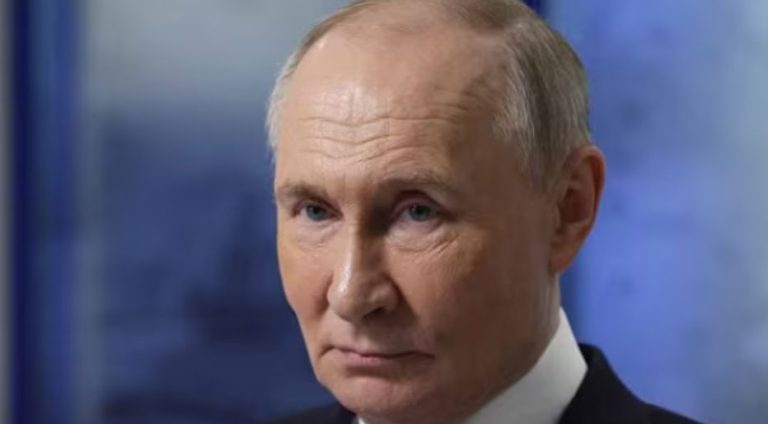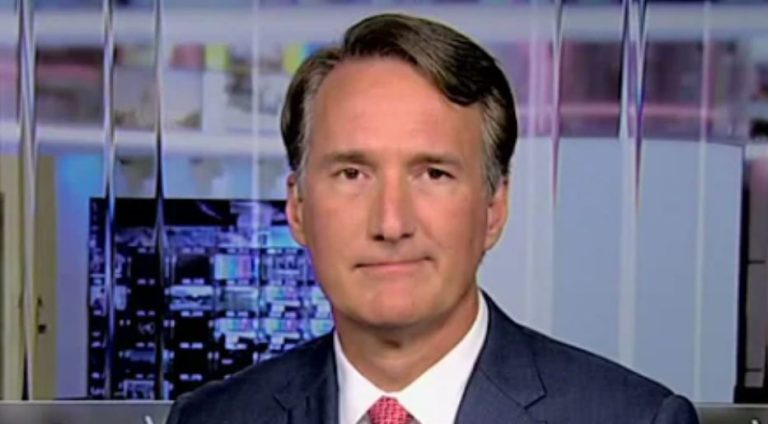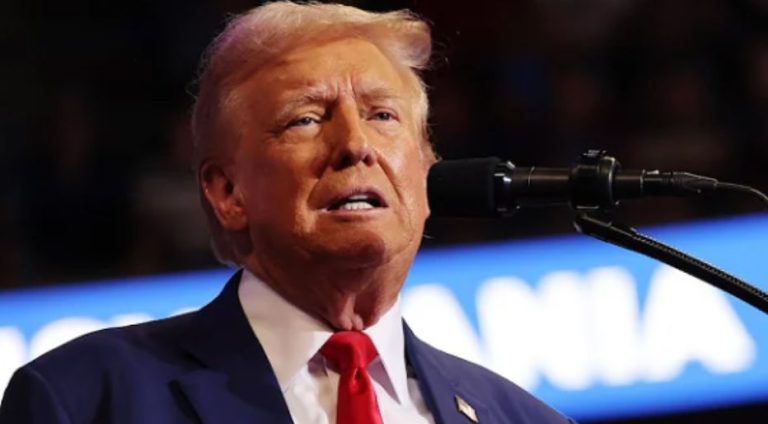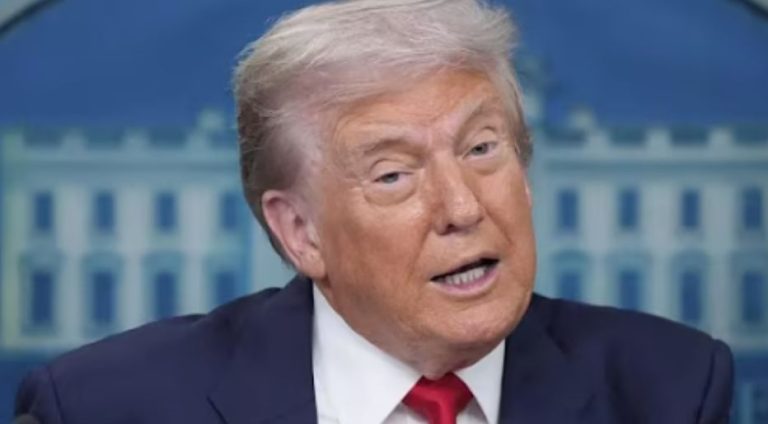Trump has been making massive moves. He’s set to make history.
And now America made an alarming move that signals war is inevitable.
Protective Measures Prioritize American Lives
The Trump administration has ordered the withdrawal of some U.S. military personnel from key bases in the Middle East, including Al Udeid Air Base in Qatar—America’s largest facility in the region—as tensions with Iran continue to escalate. This prudent step follows explicit threats from Iranian officials, who have warned of attacks on U.S. forces if America intervenes in Iran’s internal affairs.
By repositioning troops and deploying a guided missile destroyer to the Persian Gulf, the administration demonstrates a smart, defensive posture that safeguards American service members while keeping options open for stronger action if needed.
The move echoes successful precedents, such as the evacuation from Al Udeid ahead of last year’s 12-day U.S.-Israel war with Iran, where advance planning minimized risks.
President Trump’s clear warnings have put the regime on notice: he has condemned Iran’s brutal crackdown on nationwide protests—now claiming over 2,500 lives since late December—and vowed that violent repression, including potential executions, would not end well for Tehran.
In a recent CBS Evening News interview, Trump stated: “We don’t want to see what’s happening in Iran happen. And, you know, if they want to have protests, that’s one thing. When they start killing thousands of people — and now you’re telling me about hanging — we’ll see how that works out for them. It’s not going to work out good.”
Firm Stance Against Iranian Threats and Regime Brutality
Iranian leaders have responded with inflammatory rhetoric, including senior adviser Ali Shamkhani’s post on X referencing past missile strikes on Al Udeid and Parliament Speaker Mohammad Bagher Ghalibaf’s claim that Tehran is ready to “set the region on fire” against U.S. intervention.
State TV has even broadcast direct assassination threats against President Trump, reviving memories of foiled plots in 2022 and 2024. These provocations, combined with chants of “Death to America” at pro-regime rallies, underscore why protecting U.S. personnel remains paramount.
The administration’s approach—backed by White House statements emphasizing diplomacy first but readiness to use military options when necessary—reflects Trump’s proven record of deterrence.
Karoline Leavitt noted that Trump “has shown he’s unafraid to use military options if and when he deems necessary,” while avoiding unnecessary entanglements that could endanger more lives. This measured repositioning reduces exposure at vulnerable forward bases without abandoning allies or regional commitments.
Supporting Iranian People While Keeping America Safe
Amid Iran’s economic collapse, internet blackouts, and lethal suppression of protests across all 31 provinces, Trump has urged Iranians to “keep protesting,” signaling that “help is on the way” and the regime “will pay a big price” for its atrocities.
By pulling some troops back strategically, the U.S. avoids giving Iran easy targets for retaliation while maintaining the pressure that could empower the Iranian people against a faltering theocracy.
This decision highlights Trump’s America First priorities: protecting U.S. troops, deterring aggression, and positioning the nation to respond decisively if the regime crosses red lines.
With a guided missile destroyer reinforcing naval presence in the Gulf, the administration balances caution with strength, ensuring American forces remain ready to defend national interests and support freedom in the face of a dangerous adversary.

